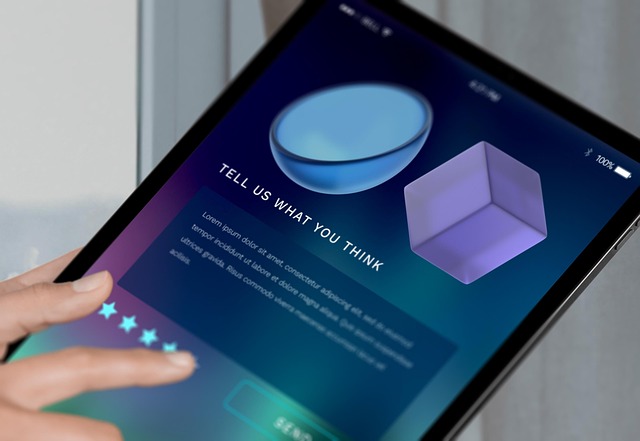In today’s fast-paced digital world, online education has become a cornerstone of our learning experiences. As we embrace the convenience of virtual classrooms and endless resources, one vital skill stands out: online information evaluation. As students and educators alike navigate the vast seas of information available on the internet, the ability to discern credible sources from unreliable ones is crucial for effective knowledge building.
Imagine sitting down to research a topic for your online course. A Google search yields millions of results, each title beckoning you to click. Among them are well-crafted academic articles, insightful blog posts, and misleading websites filled with misinformation. This overwhelming abundance can leave even the most diligent learner feeling adrift. However, mastering the skill of online information evaluation can transform this anxiety into a confident journey of discovery.
Online education thrives on the interaction between learners and information. But not all information is created equal. As you sift through articles and studies, ask yourself: What is the source? Who authored this content? Why was it created? By questioning the validity of your sources, you begin the process of knowledge building with a strong foundation. This not only enriches your current learning experience but also equips you with the tools needed for lifelong learning.
As you interact with various mediums, remember that the credibility of the source often reflects its academic rigor. Peer-reviewed journals, educational institution publications, and established experts in the field generally provide reliable information. Trust your instincts and seek out voices that will challenge and enhance your understanding, rather than echo opinions that lack empirical support.
When engaging in online discussions with peers or instructors, the insights gained from thoughtful online information evaluation will elevate your contributions. Imagine crafting an argument based on well-researched evidence, impressively navigating through complex conversations with ease. This level of interaction not only deepens your understanding but fosters connections within the learning community.
As you embark on your online educational journey, consider the role of collaborative knowledge building. Utilize digital tools that promote interaction, such as discussion forums, online study groups, or social media platforms focused on education. Engage with fellow learners, share resources, and debate ideas. Through these interactions, you can apply online information evaluation skills, ensuring that the knowledge you share is grounded in trustworthy sources.
The digital landscape may seem daunting, but with the right strategies, you can become a savvy navigator. Embrace the challenge of online information evaluation as an opportunity to enhance your learning and foster deeper connections within the educational community. Remember, the journey of knowledge building in online education is not just about accumulating facts; it’s about developing critical thinking skills and fostering a sense of digital literacy that will serve you across all areas of life.




